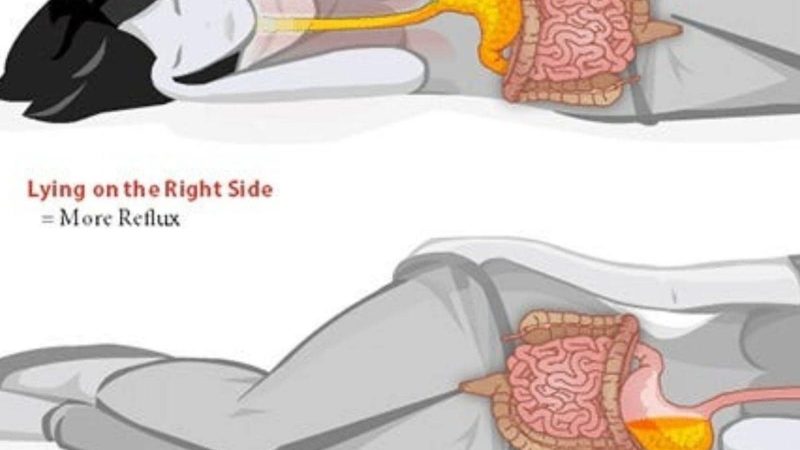Speculation is swirling as many people believe that this newborn in India might be the country’s first-ever mermaid
A baby in India astonished doctors when it was born with a rare condition known as ‘Mermaid syndrome.’ Unfortunately, the newborn, whose legs had fused together to resemble a mythical creature, only lived for about ten minutes. The mother, a 22-year-old from Saharanpur in Uttar Pradesh, gave birth on Friday morning. Dr. Vandana Arya, a 35-year-old gynecologist at the hospital who delivered the baby, expressed astonishment, saying, “I have never seen a case like this before.”
The baby had a condition called Sirenomelia or Mermaid syndrome, which is a rare congenital disorder where the legs are fused together, resembling a mermaid’s tail. Dr. Arya stated, “We have seen congenital disorders among children born with deformities, but this was an extremely rare case. The baby was born in a fish-like body, with its hands spread like fins, which made this case even more unique. The upper body of the baby was fully functional, but the lower body was not developed.”
A large crowd gathered at Sahi Ram Hospital to catch a glimpse of the remarkable newborn. Due to the condition, it was impossible to determine the baby’s gender, according to Dr. Arya. Sirenomelia, also known as Mermaid syndrome, is a life-threatening illness characterized by the rotation and fusion of the sufferer’s legs, resulting in what appears to be a single limb resembling a fish tail in the womb.
For centuries, mermaids have been part of fantasy and fairy tales, with illustrations published in Hans Christian Andersen’s Fairy Tales. Medical historian Lindsey Fitzharris, who holds a PhD from Oxford University, explained that the condition occurs due to a failure of the normal vascular supply when the umbilical cord fails to form two arteries. As a result, there is insufficient blood supply reaching the fetus. The single artery “steals” the blood and nutrients from the lower body, diverting it back up into the placenta. Due to malnutrition, the fetus fails to develop two separate limbs.
Sirenomelia is extremely rare, affecting one in 100,000 babies but is 100 times more likely to occur in identical twins. Dr. Fitzharris added, “Sirenomelia is extremely fatal. There are no accounts of anyone with this condition surviving in the past. Most died within days of being born due to kidney and bladder failure. Even today, the odds are against those with sirenomelia, though there are a handful of examples of children living past infancy.”

In this case, the woman did not complain of any complications during her 30-week pregnancy. However, an ultrasound during the last stages of her pregnancy revealed that the baby’s kidneys had not developed. This is the fourth reported case of Mermaid syndrome in the world but the first case in India. Dr. Vandana stated, “There are several causes of this condition like excessive medicine intake, a vitamin deficiency, genetics, past history, or even maternal diabetes. It also results from a failure of normal vascular supply from the lower aorta in utero. The operation in these cases is not possible due to the improper development of the body. In some extremely rare cases, the kidneys can be transplanted, but the survival rate is very low.”
In 1988, Tiffany Yorks underwent surgery to separate her legs before her first birthday. She experienced some mobility problems due to her fragile bones and used crutches and a wheelchair to get around. At the age of 27, she was the oldest known surviving sufferer of the condition until she passed away in February of this year. Another notable survivor of the rare disorder is a Peruvian girl nicknamed the Little Mermaid. In 2006, a team of eight specialists successfully performed
Hits: 1








